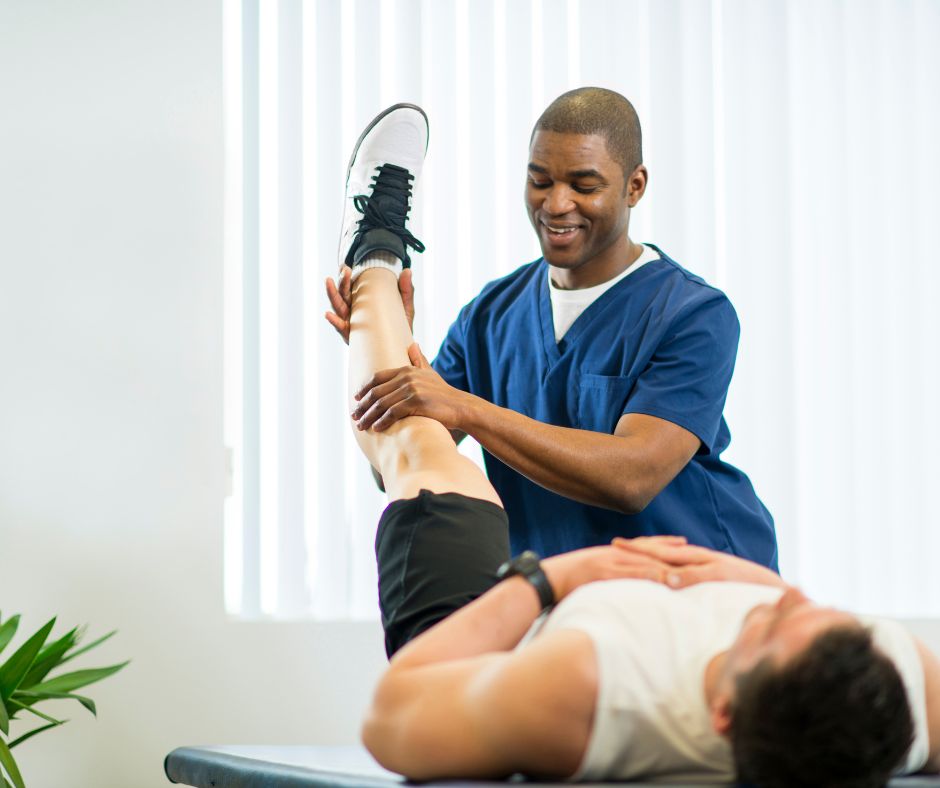
One of the main goals of cardiopulmonary physiotherapeutic therapy is to improve cardiovascular endurance. After an operation, patients may experience reduced stamina, making everyday activities feel more exhausting. Through a carefully structured fitness program, therapists guide individuals in incrementally increasing their activity levels. This may include exercises such as walking, cycling, or specific breathing exercises. These exercises not only aid build power but also boost lung capacity, which is vital for guaranteeing that the body gains enough air.
Additionally, cardiopulmonary physical treatment highlights the significance of breathing methods. Many post-operative individuals may struggle with deep respiration due to discomfort or limited mobility. Therapists instruct patients how to perform deep respiratory exercises, which can help increase the pulmonary system and clear out any mucus that may have built up during the healing process. Appropriate breathing methods are crucial to prevent complications such as lung infections, which can arise if the lungs are not operating optimally. By focusing on these methods, patients can enhance their healing and general lung health.
Another key element of this type of therapy is education. Therapists provide important insight about the recovery journey, including what patients can expect during recovery. They explain how to identify danger signs that may signal complications, helping patients feel more in control of their health. Understanding the importance of exercise in healing allows individuals to assume an active part in their healing journey. This empowerment is essential for fostering self-assurance and encouraging a constructive perspective during recovery.
In summary, cardiopulmonary physical therapy is an integral aspect look at here of post-operative rehabilitation for patients undergoing heart and lung procedures. By concentrating on enhancing heart and lung endurance, instructing respiratory techniques, and offering knowledge, physical therapists enable individuals to assume charge of their recovery. This specialized therapy not only aids in physical healing but also enhances mental well-being, making the process of healing easier and more bearable. With the appropriate assistance and guidance, patients can successfully regain their strength and return to their daily lives.